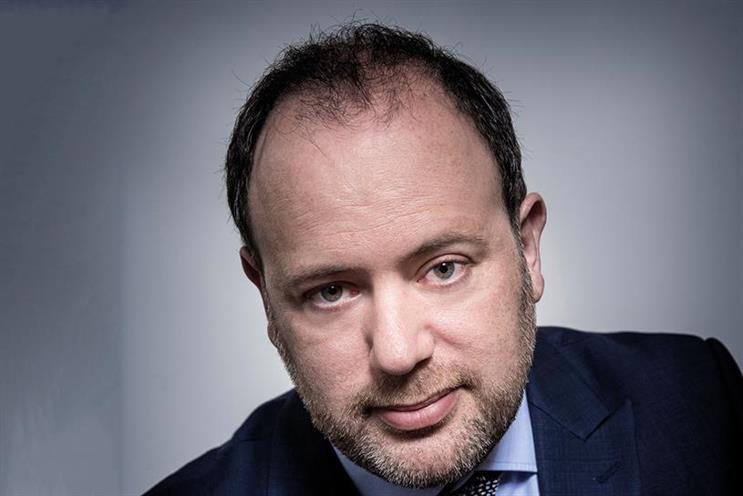We are about to find out because the ad industry is facing a crisis of confidence as some of the tectonic plates in media shift against it. These are worrying times for anyone who believes in the power of advertising to fund quality content and build brands at scale.
Technology is driving change. Brands have new ways to communicate directly with consumers in a data-driven, connected world amid growing doubts about the effectiveness of advertising itself. Agencies have less control over a brand’s media spend because clients are taking charge of more of their marketing themselves. And the dominance of Google and Facebook (and maybe soon Amazon) means other media owners need alternative revenue streams. Hence subscription businesses such as Netflix and Spotify are all the rage.
Then there’s the fact that a lot of the internet is still a digital Wild West and too much online advertising is low quality.
These are macro-shifts in the way that we consume media and they are hard to undo. Let’s be frank: advertising’s influence has been dimming in a media ecosystem that has become bigger, more complex and more fragmented.
It is a paradox that global ad revenues have grown steadily for the past eight years and yet much of that growth has been in online direct response to drive short-term sales, not long-term brand-building, as Enders Analysis’ study for Magnetic showed last year.
Creative agencies are finding it tough. When Johnny Hornby, founder of The & Partnership, spoke at 北京赛车pk10’s The Year Ahead breakfast briefing in January alongside James Murphy, co-founder of Adam & Eve/DDB, he said in a telling remark: "I wonder if there’s any advertising agency in the world that isn’t shrinking apart from his [Murphy’s]?"
Indeed, the agency ecosystem now looks narrow and overly complex when clients are thinking about how they need to transform their entire business, not just their marketing, to cope with digital disruption. That’s why consulting and IT companies such as Accenture, Deloitte and Cognizant are making some headway with their pitch that they can manage the whole customer experience and the fusion of marketing, technology and product design.
As James Freedman, founder of Zone, which he has sold to Cognizant, puts it: if you are a chief marketing officer, who feels "the force of technology" bearing down on your business, are you going to talk to an ad agency or consult an IT company?
The doom-mongers will say advertising’s seat at the top table has been in doubt for a decade, but there is now a philosophical shift happening inside the media business itself.
A growing number of media owners appear to regard reducing dependence on ad revenue as a badge of honour.
Diversification is vital in the age of the Google-Facebook duopoly as cuts at The Guardian, BuzzFeed and Vice Media have shown. It is why 北京赛车pk10’s two-day Digital Media Strategies conference, held in London in March, is headlined "Creating a sustainable mixed revenue model powered by digital".
But as the landscape rapidly changes, we must not forget the value of advertising to the media industry, business, culture and society.
Advertising needs more advocates and more collaboration. ITV, Channel 4 and Sky have got the right idea by putting aside their differences and staging The Big TV Festival this month to celebrate TV advertising and its ability to build brands. If the media industry doesn’t champion advertising, the danger is no-one else will.
Gideon Spanier is head of media at 北京赛车pk10



